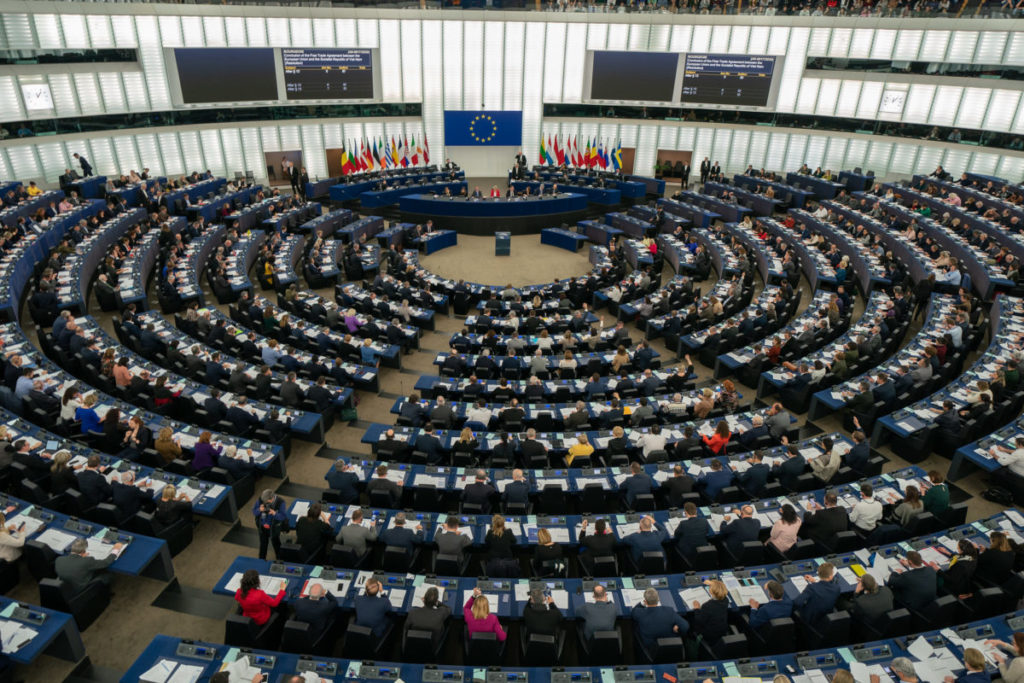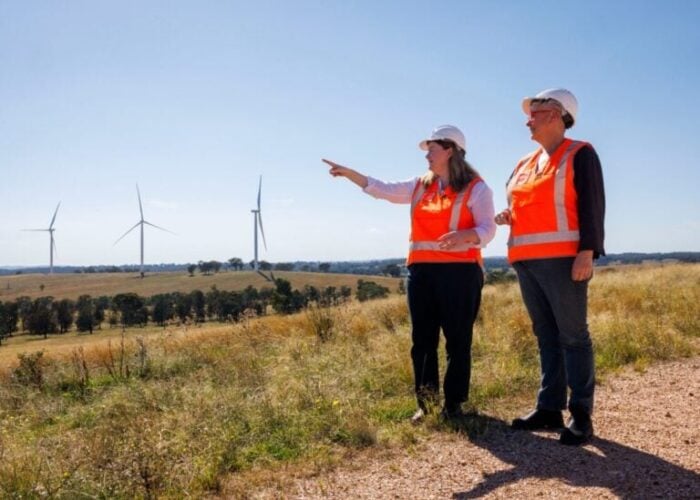
The European Parliament has voted to accelerate the adoption of renewable power generation on the continent, aiming for renewables to meet 42.5% of the region’s energy needs by 2030, and calling on EU member states to meet 45% of their energy demand with clean power. The previous target was 40%, brought in as part of RePowerEU after Russia’s invasion of Ukraine last year.
As part of the new legislation, the process by which countries can grant permits for new renewable power plants will be sped up, with national authorities encouraged to approve new clean power projects within one year, for projects in what the European Commission calls “renewables go-to areas”. These are areas specified as particularly suitable for renewable power projects, with a particular emphasis on aspects of the built environment, such as rooftops, where solar panels in particular could be installed.
Unlock unlimited access for 12 whole months of distinctive global analysis
Photovoltaics International is now included.
- Regular insight and analysis of the industry’s biggest developments
- In-depth interviews with the industry’s leading figures
- Unlimited digital access to the PV Tech Power journal catalogue
- Unlimited digital access to the Photovoltaics International journal catalogue
- Access to more than 1,000 technical papers
- Discounts on Solar Media’s portfolio of events, in-person and virtual
For projects outside of the go-to areas, national governments have also been urged to approve new renewables projects within 24 months of a permit being applied for.
The law will also set a target requiring national governments to use “innovative renewable energy technology” to account for 5% of newly-installed renewable energy capacity, although the Parliament did not define the terms of these new technologies.
“An overriding public interest”
“In our pursuit of greater energy independence and carbon dioxide reduction, we have raised our renewable energy targets,” said Markus Pieper, lead MEP of the German EPP Group. “This directive is evidence that Brussels can be unbureaucratic and pragmatic.
“We have designated renewables as an overriding public interest, streamlining their approval process,” added Pieper. “Our focus encompasses wind power, photovoltaics, hydropower, geothermal energy, and tidal currents.”
While the legislation still has to be endorsed by the Council of the European Union, made up of members of government from each EU country, the majority of MEPs voted in favour of the new terms, making new challenges to the law difficult. In the European Parliament, 470 MEPs voted in favour of the new law, while 102 voted against and 40 abstained.
Should the vote be endorsed by the Council, it will lead to changes in the scope and powers of the Renewable Energy Directive, the legal framework that has guided renewable power generation in Europe since 2009.
Between 2010 and 2021, the share of renewable energy sources in the EU’s energy consumption increased from 12.5% to 21.8%, and actors in the European solar sector in particular will be optimistic that these new targets, and the accelerations to the permitting process, will benefit a sector frustrated by a lack of progress in recent days.
Earlier this week, two institutions, the European Solar Manufacturing Council and trade body SolarPower Europe, called on the EU to protect Europe’s solar manufacturing sector, following a dramatic decline in the price of solar equipment as Chinese-made components flood the European market. While the new legislation does nothing to protect manufacturing in particular, a greater emphasis on renewable power production in Europe will raise demand for renewable products, of which solar manufacturers could take advantage.







